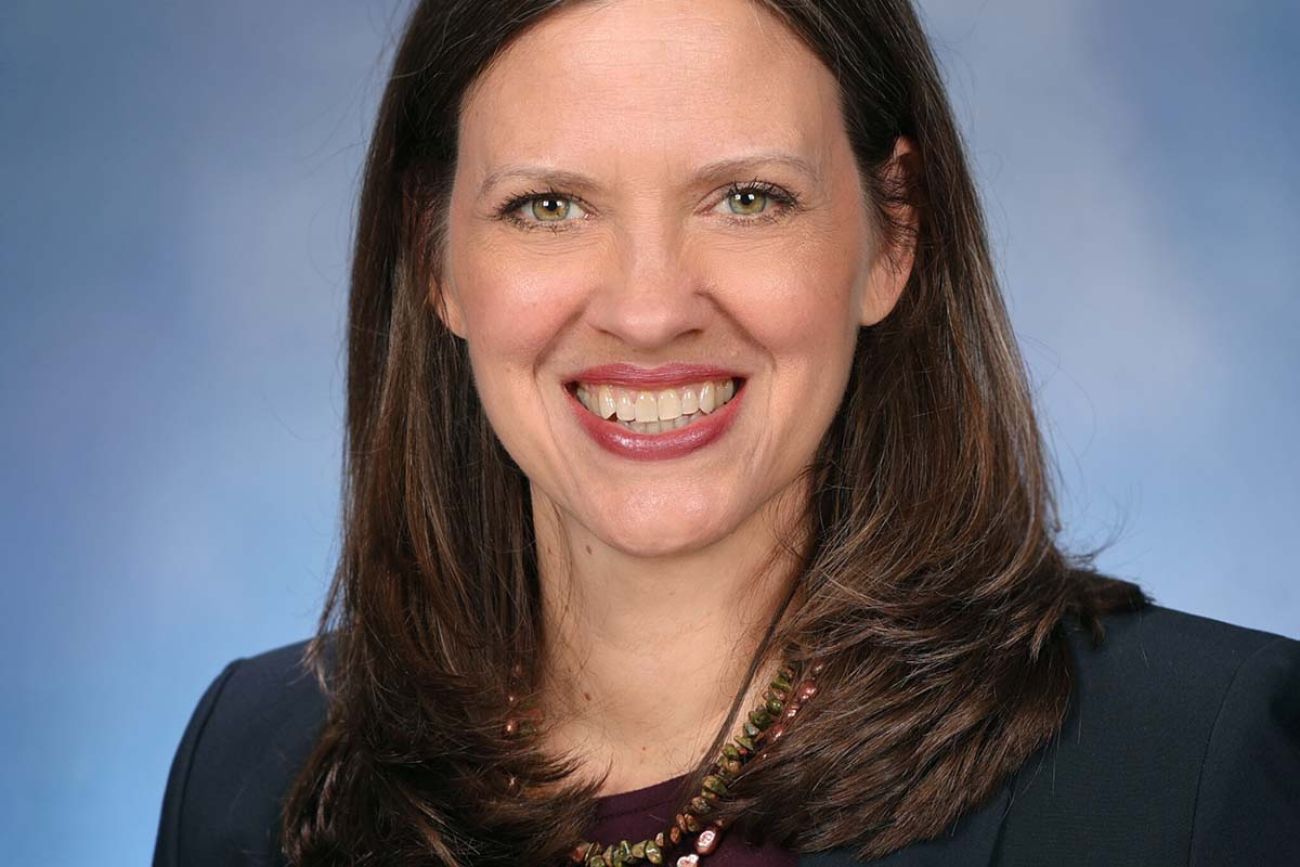Opinion | Non-opioid alternatives must be affordable to combat addiction
Since 2000, opioid overdose deaths in our state have increased tenfold, cutting thousands of lives short and causing pain to the families and loved ones of the Michiganders we've lost across the state. As a member of the Health Policy Committee in the Michigan House of Representatives, I can assure you that addressing this crisis is a priority for my colleagues and me. Earlier this year, our committee voted unanimously to bolster accessibility to opioid antagonists, which can save lives by reversing an overdose. However, in addition to these measures, we must do more to ensure we prevent opioid addiction in the first place, which is why I'm optimistic about the recent medical breakthroughs that are occurring in the field of non-opioids.

This year, federal regulators are likely to approve the first oral non-opioid treatment for severe pain. These treatments attack pain at the source, outside the brain and spinal cord, meaning that they alleviate a patient's pain without leading to addiction. Medical researchers and doctors have praised the incredible potential these treatments have, serving as a powerful new weapon in our fight against opioid addiction.
With promising non-opioids on the cusp of becoming publicly available, lawmakers at all levels must begin considering how to make these potentially lifesaving remedies affordable and accessible to the patients who need them.
Federally, lawmakers have provided one possible template for how to increase non-opioid accessibility and affordability. A bipartisan bill introduced in both the House and the Senate earlier this year, the Alternatives to Prevent Addiction in the Nation Act (Alternatives to PAIN Act), would make non-opioid treatments available to those enrolled in Medicare, the federally-run health insurance program that tens of millions of seniors use to access their health care. And the cost to patients would not exceed that of currently available generic opioids. There are additional provisions in the bill that could help in our battle against the opioid crisis, including encouragement of dialogue between patients and their health-care professionals regarding preferences in pain management choices.
Getting federal insurance programs like Medicare and Medicaid onboard is the first step. However, for broader adoption, it is essential to get insurers and Pharmacy Benefit Managers (PBMs) on board as well. These organizations are pivotal in deciding the accessibility and affordability of treatments. By supporting non-opioid options without extra hurdles ( like step therapy or prior authorization), they can help ensure patients get the best care — that's the next step.
Lawmakers in Lansing should also consider how similar steps would assist the communities that we represent. One approach could be to ensure that non-opioids are affordable for Michiganders enrolled in Medicaid, the health insurance program that our state government administers. In addition, we should contemplate what educational resources our state might invest in to increase patients' awareness of these treatments and their positive and negative aspects compared to traditional opioids.
I appreciate that my colleagues in Lansing continue to explore and develop a variety of solutions to the problems caused by the opioid epidemic in our state. With these groundbreaking new treatments, we now have access to pain management options that enable patients to control pain without the threat of addiction. We've lost too many Michiganders to the opioid crisis to continue believing that the status quo is working when it comes to pain management. I urge my colleagues to join me in considering how we might leverage these incredible advancements to enhance the lives of those we serve.
See what new members are saying about why they donated to Bridge Michigan:
- “In order for this information to be accurate and unbiased it must be underwritten by its readers, not by special interests.” - Larry S.
- “Not many other media sources report on the topics Bridge does.” - Susan B.
- “Your journalism is outstanding and rare these days.” - Mark S.
If you want to ensure the future of nonpartisan, nonprofit Michigan journalism, please become a member today. You, too, will be asked why you donated and maybe we'll feature your quote next time!




